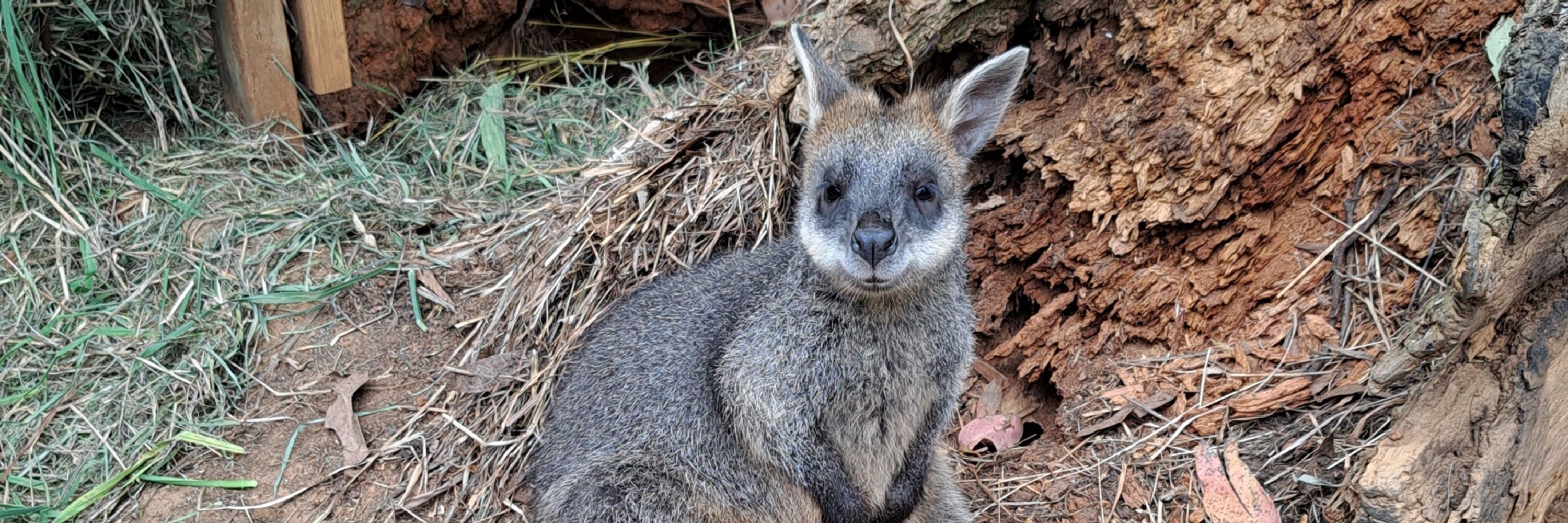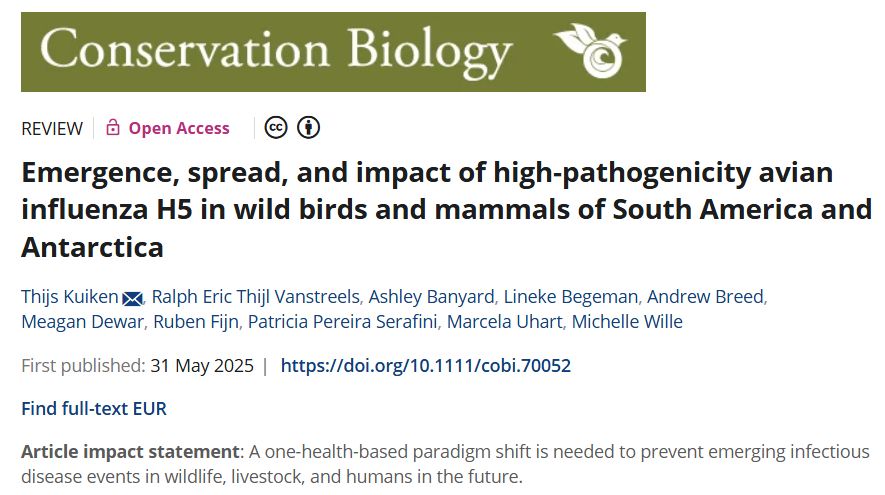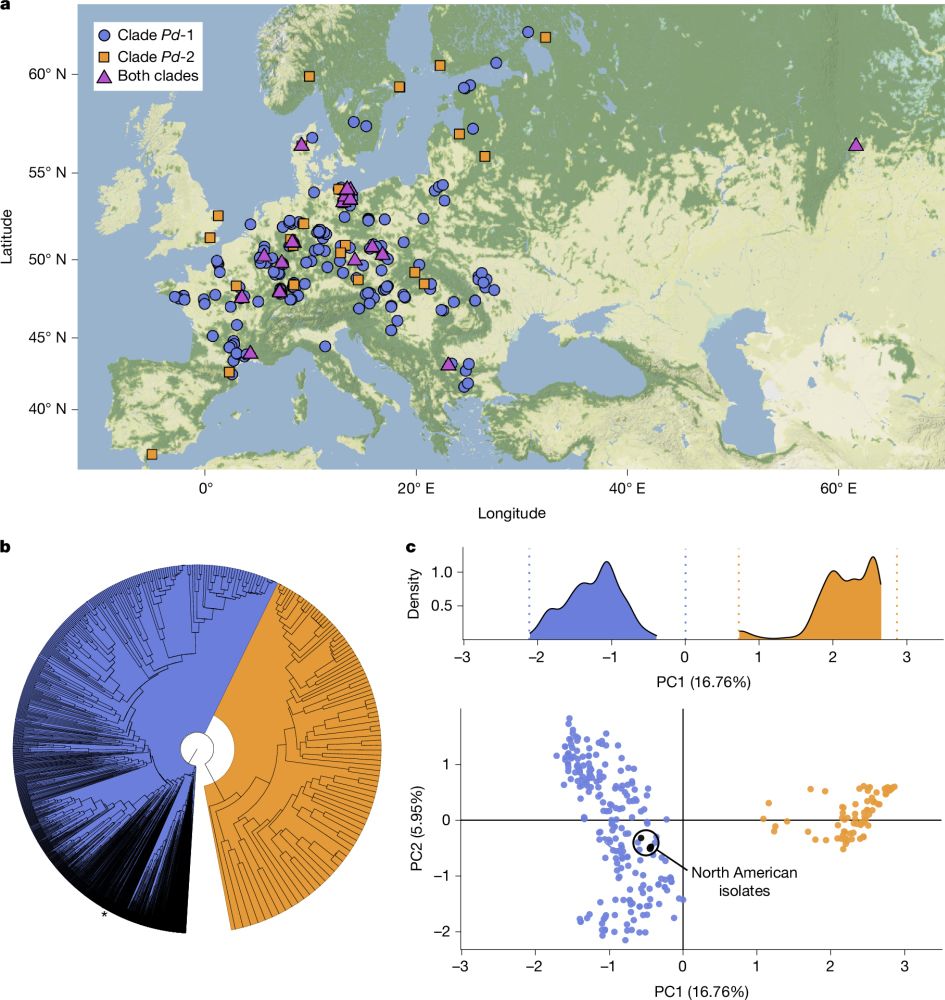Jasmin Hufschmid
@jhufschmid.bsky.social
880 followers
430 following
74 posts
Wildlife Health researcher @ Melbourne Veterinary School; lives and works on Dja Dja Wurrung, Wurundjeri and Bunurong country; substandard violin player; voracious reader and chocolate aficionado.
Posts
Media
Videos
Starter Packs
Reposted by Jasmin Hufschmid
Reposted by Jasmin Hufschmid
Reposted by Jasmin Hufschmid
Reposted by Jasmin Hufschmid
Reposted by Jasmin Hufschmid
Reposted by Jasmin Hufschmid
Jasmin Hufschmid
@jhufschmid.bsky.social
· Aug 22
Jasmin Hufschmid
@jhufschmid.bsky.social
· Jun 19
Jasmin Hufschmid
@jhufschmid.bsky.social
· Jun 19
Jasmin Hufschmid
@jhufschmid.bsky.social
· Jun 19

Alterations in characteristics of plastic ingestion and decreasing body condition in beachcast fledgling short-tailed shearwaters (Ardenna tenuirostris) at Phillip Island, Australia - Environmental Sc...
Plastic pollution in the marine environment is a major concern for short-tailed shearwaters (Ardenna tenuirostris) through high levels of plastic ingestion. Using analysis of gastrointestinal tract co...
doi.org
Jasmin Hufschmid
@jhufschmid.bsky.social
· Jun 16

Wildlife Disease Association
A discussion on emerging infectious diseases and the anthropogenic factors that predispose them by Dr Kevin Keel, veterinary anatomic pathologist and Professor of Pathology, Microbiology and Immuniology at UC Davis School of Veterinary Medicine. Register today via the link in The Transmission.
wildlifedisease.org
Jasmin Hufschmid
@jhufschmid.bsky.social
· Jun 16
Jasmin Hufschmid
@jhufschmid.bsky.social
· Jun 16
Conferences | Wildlife Disease Association Australasia
A highlight of the Australasian section is its Annual Conference. These are typically held away from capital cities, at wilderness locations of major interest to members. Biologists and conservationis...
www.wda-a.org















